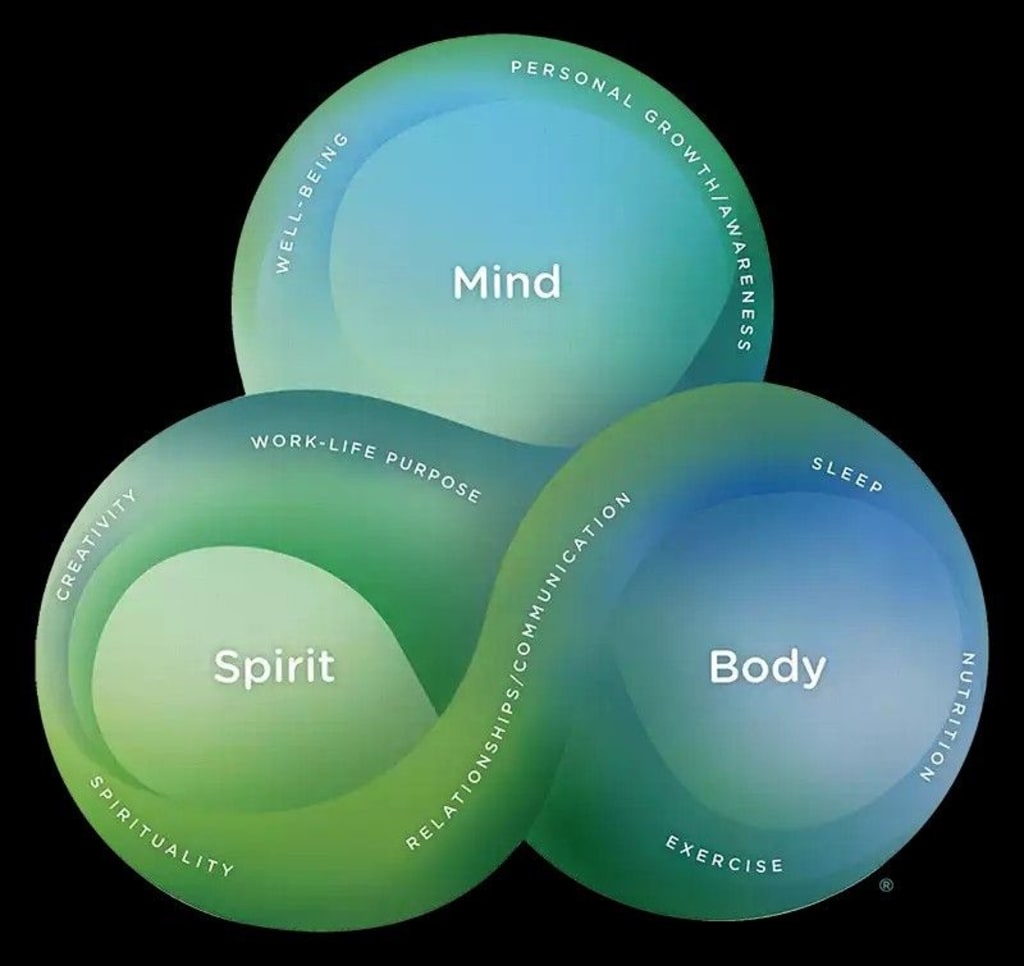The Future of Integrative Medicine:
How Science is Catching Up with the Mind-Body Connection

In recent years, integrative medicine has received a lot of attention as an approach that emphasises the significance of treating the complete person rather than simply the symptoms of an illness. Acupuncture, chiropractic treatment, massage therapy, and herbal medicine are examples of supplementary and alternative therapies. Integrative medicine acknowledges the interdependence of the mind and body and tries to treat both in a comprehensive manner.
For ages, Eastern medical practises such as Ayurveda and Traditional Chinese medical have recognised the mind-body link. However, in the Western culture, the mind and body have long been seen as distinct entities having limited effect over one another. This distinction has been called into question in recent years as science has begun to catch up with the mind-body link.
Psychoneuroimmunology (PNI) is one subject where research has made tremendous progress in understanding the mind-body link. PNI investigates the interaction of the psychological, neurological, and immunological systems. Emotions, attitudes, and beliefs have been discovered to have a substantial influence on the body's immunological response. Stress, for example, has been found to weaken the immune system, leaving it more vulnerable to illness.
This link between the mind and the body has crucial implications for illness therapy. It implies that we may be able to enhance physical health results by treating psychological and emotional variables. The use of cognitive behavioral therapy (CBT) in the treatment of chronic pain is one example of this. CBT is a sort of treatment that assists people in identifying and changing harmful thinking patterns and beliefs that cause suffering. CBT has been shown in studies to be as effective as pain medication in treating chronic pain, and its benefits persist longer.
The mind-body link is also being researched in the treatment of mental health conditions. Mindfulness-based cognitive therapy (MBCT), for example, has been demonstrated to be useful in reducing recurrence in those suffering from depression. Mindfulness-based cognitive behavioral therapy (MBCT) blends mindfulness meditation with cognitive behavioral therapy to help people build a new connection with their ideas and emotions. In those with a history of depression, it has been shown to lower the chance of recurrence by up to 50%.
Nutrition is also important in general health and well-being, according to integrative medicine. A rising corpus of studies has linked gut health to mental health in recent years. The stomach is frequently referred to as the "second brain" because to the huge amount of neurons it contains. The vagus nerve connects the gut and the brain, allowing communication between the two. It has been shown that gut flora imbalances can lead to a variety of mental health issues, including anxiety and sadness.
Integrative medicine techniques such as functional medicine use dietary modifications and supplements to treat imbalances in the body's systems, including the gut. This approach recognises that each person is unique and, as such, need a personalised approach to treatment. It is feasible to enhance overall health outcomes and avoid the development of chronic illnesses by treating underlying imbalances.
While the mind-body connection has been recognised in alternative medicine practises for centuries, Western medicine has only recently begun to catch up, thanks in part to technological advances that allow us to study the brain and immune system in greater detail. As our understanding of the mind-body connection grows, we can expect to see more integrative medicine approaches used in mainstream healthcare.
However, there are still considerable impediments to integrative medicine's acceptance in mainstream healthcare. One of the most significant obstacles is a lack of financing for research in this field. Because many integrative medicine treatments are not patentable, pharmaceutical corporations have little financial motivation to invest in research. This implies that much of the research in this area is supported by private foundations or government bodies, limiting the quantity of study that can be done.
Another difficulty is that many traditional healthcare practitioners are sceptical of integrative medicine. This is due in part to a misunderstanding of the evidence foundation supporting these tactics. There is also a widespread belief that integrative medicine is not "real" medicine and is not backed up by rigorous scientific study.
To address these issues, it is critical to continue to strengthen the evidence foundation for integrative medicine techniques. This entails producing high-quality research studies that can show how these techniques improve health outcomes. It also entails educating healthcare practitioners and the general public about the advantages of integrative medicine and the research that backs it up.
To summarise, the future of integrative medicine looks bright as science catches up with the mind-body link. This link has significant implications for the treatment of both physical and mental health issues. Integrative medicine techniques that target both the mind and the body can enhance health outcomes and prevent chronic disease development. However, considerable challenges to integrative medicine acceptance in mainstream healthcare remain, and it is critical to continue to strengthen the evidence base and educate healthcare practitioners and the public about the benefits of these methods.
About the Creator
Shahmeer Ghuman
Shaping my thoughts into reality






Comments
There are no comments for this story
Be the first to respond and start the conversation.